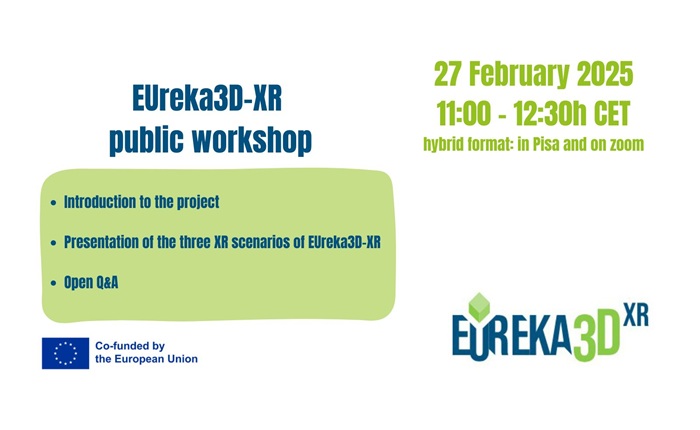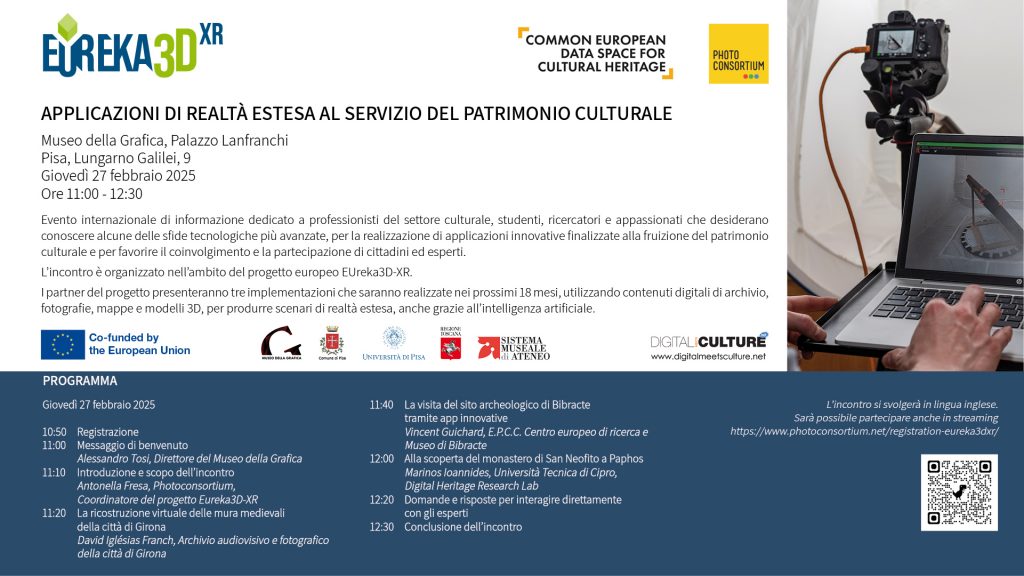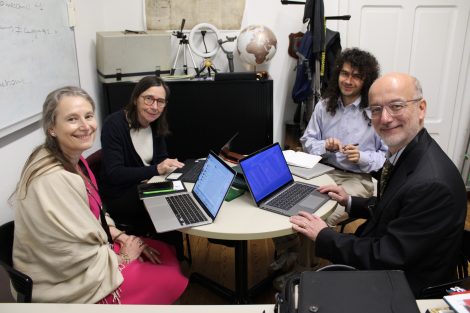
From right to left: Prof. Lorenzo Cantoni, Antonio Lenzo from the team at Università della Svizzera Italiana, Antonella Fresa Networking Manager of SECreTour, Adine Gavazzi leader of Monte San Giorgio pilot
On 10th and 11th March representatives of partners of the SECreTour project met in Lugano to visit the places of the pilot about Monte San Giorgio.
This is a very special place, full of cultural heritage, environamental and historic excellence, positioned on the border betwenn Cantone Ticino in Swizeland and Regione Lombardia in Italy.
The SECreTour pilot is connecting with local communities that are working on valuting the extremely valuable place and to transfor tourists into real travellers, eager to discover the wonders of the territory.
The team of Promoter srl and of Univerità della Svizzera Italiana were able to experience the mountain track that brings to the Hermitage of Beato Manfredo, to enjoy the ancient Babtistere of Riva San Vitale, to meet with Jurg Schewwerzmann, Cultural Councillor at the Municipality of the precious village of Morcote, and to discuss and plan the next workshop on cross-border and multiregional strategies to be held in fall 2025 in Lugano.
The meetings were very interesting and profitable.
Here below we provide a selection of the pictures taken during the enconters.
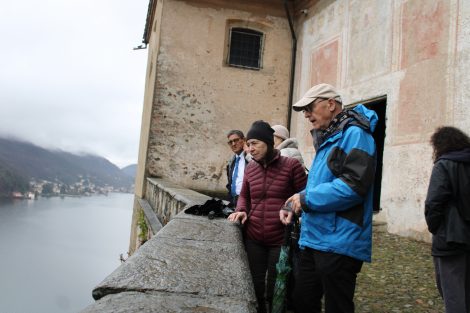
In front of the Cathedral of Morcote
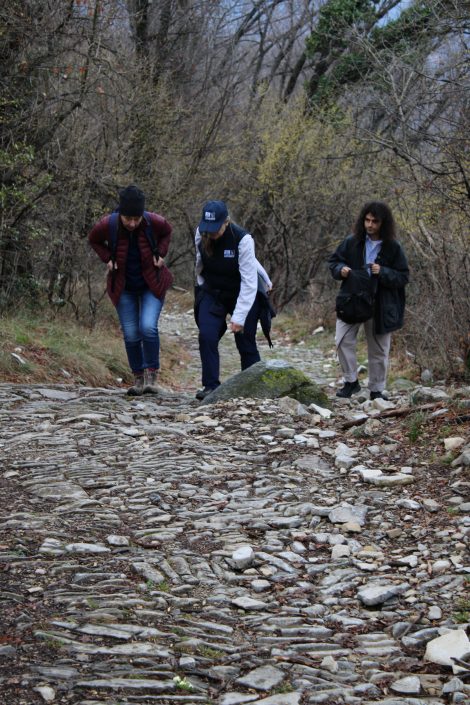
Along the track to the Hermitage of Beato Manfredo
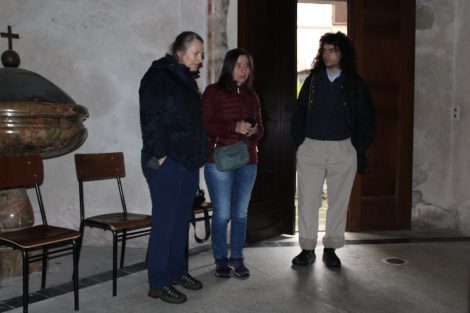
In the Baptistere of Riva San Vitale
Follow SECreTour online also on the SECreTour project’s website.


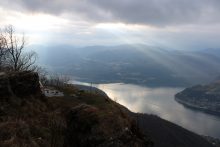
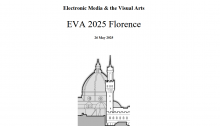
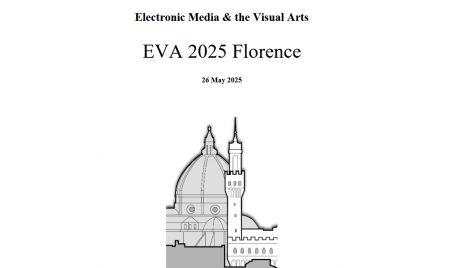
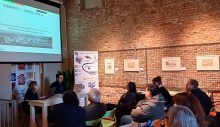
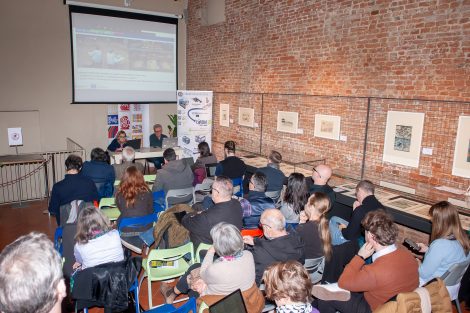
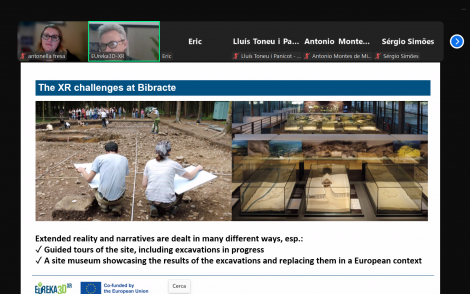
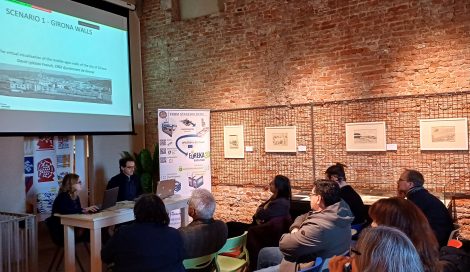
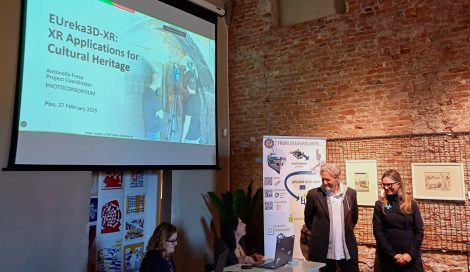
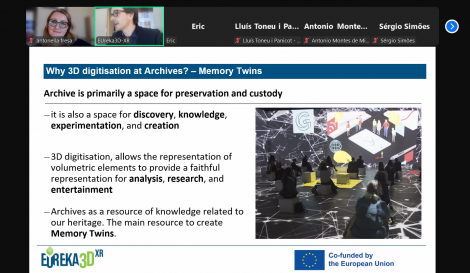
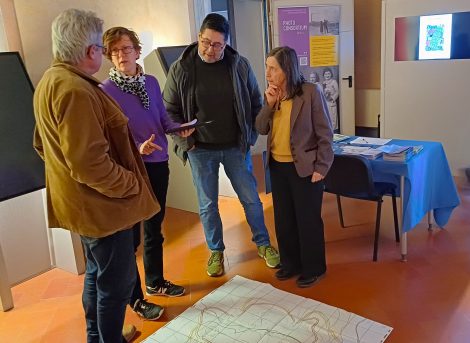
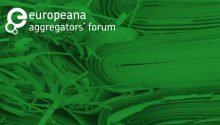
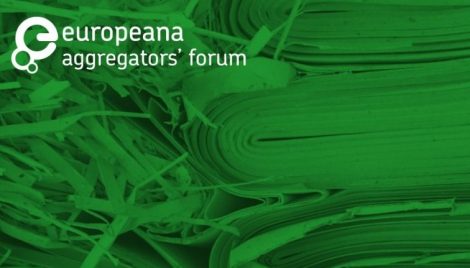
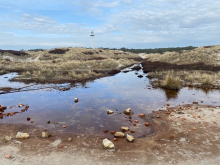
 On 17th – 19th September 2025 the Centre for Regional and Tourism Research (CRT) on the island of Bornholm will host the
On 17th – 19th September 2025 the Centre for Regional and Tourism Research (CRT) on the island of Bornholm will host the 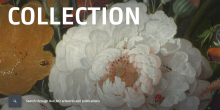
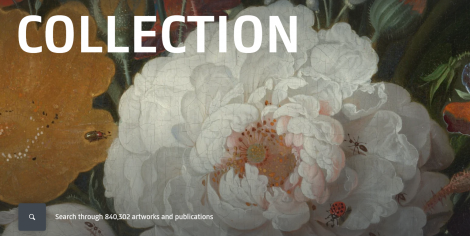
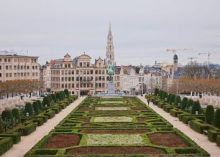

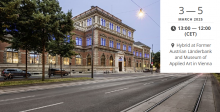
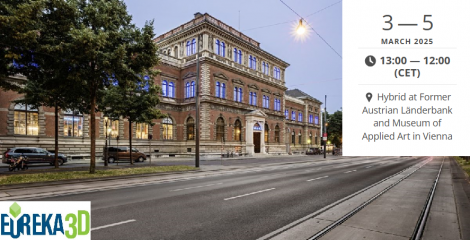
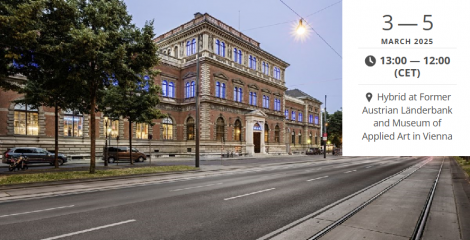
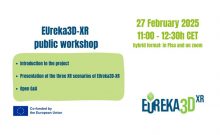
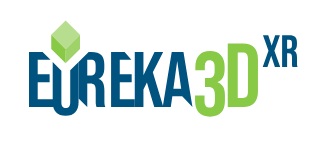 EUreka3D-XR – European Union’s REKonstructed content in 3D to produce XR experiences is the continuation project of EUreka3D, funded by the Digital Europe Programme of the European Union, to develop innovative re-use scenarios and tools that enable the creation of extended reality (XR) applications, through expanding the features and services already developed and tested in the EUreka3D project. EUreka3D-XR kickoff event took place on 26-27 February 2025 at Museo della Grafica, Pisa (Italy), hosted by project coordinator
EUreka3D-XR – European Union’s REKonstructed content in 3D to produce XR experiences is the continuation project of EUreka3D, funded by the Digital Europe Programme of the European Union, to develop innovative re-use scenarios and tools that enable the creation of extended reality (XR) applications, through expanding the features and services already developed and tested in the EUreka3D project. EUreka3D-XR kickoff event took place on 26-27 February 2025 at Museo della Grafica, Pisa (Italy), hosted by project coordinator 